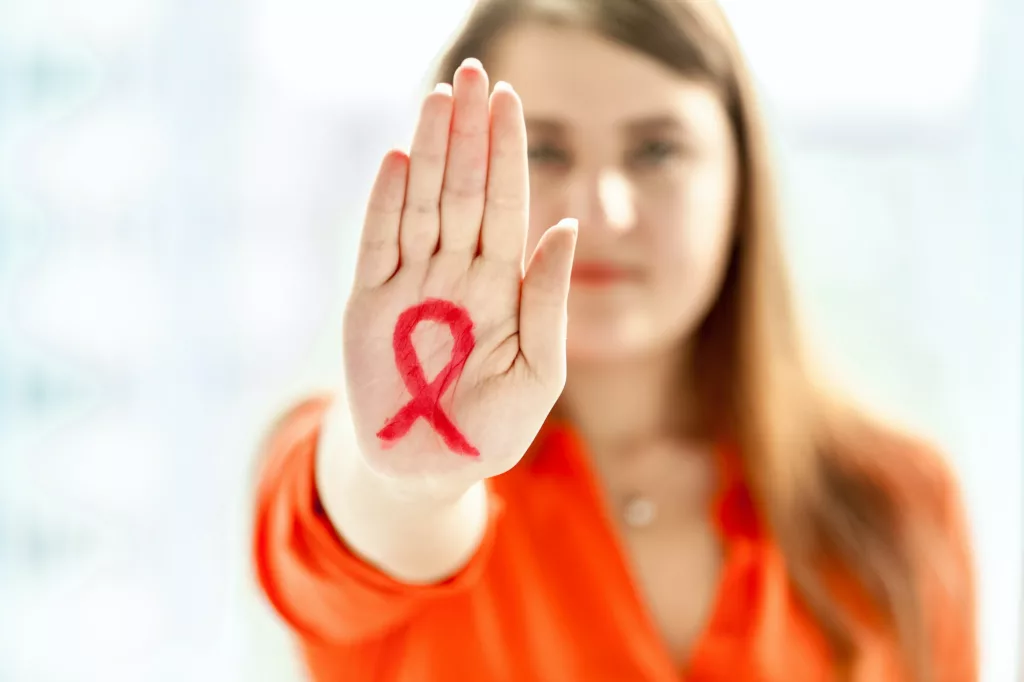Helping Parents Understand STDs in Young Adults
Abubeker
July 22, 2023
Empower, Protect, Educate: A Parent's Role in STD Awareness
As parents, understanding your child’s health is a priority, including their sexual health. As your children grow into young adults, it’s essential to have open and honest conversations about sexually transmitted diseases (STDs). This article aims to provide you with the knowledge and tools to have these critical discussions effectively.

“When knowledge is forced upon someone, it does not stick in their mind. Therefore, do not use compulsion, but let early education be a sort of amusement; By observing closely, you can identify the child’s innate talents and interests more accurately.” – Plato.
This quote by the Greek philosopher Plato emphasizes the importance of learning through an enjoyable approach aligned with a young person’s interests and needs. In the context of educating young adults about sexual health, it underscores the necessity of engaging in non-judgmental and open discussions that allow them to understand and take responsibility for their health.
Understanding the Risks:
Young adults, especially those aged 15-24, account for half of all new STD infections each year, according to the Centers for Disease Control and Prevention (CDC). This age group is particularly susceptible due to factors such as lack of learning, limited access to healthcare services, and, in some cases, peer pressure.
What STDs Should You Discuss?
You should provide information about the most common STDs, including chlamydia, gonorrhea, syphilis, herpes, HPV, and HIV/AIDS. Discuss their symptoms, methods of transmission, potential consequences if left untreated, and prevention methods.
Prevention is Key:
Discuss the importance of preventive measures. This includes using condoms, the value of regular STD testing, and available vaccinations (like HPV and Hepatitis B). Stress that these methods do not diminish the need for routine testing.
The Importance of Testing:
Convey to your child the necessity of regular STD testing, especially if they’re sexually active. Explain that many STDs can be asymptomatic, meaning they show no symptoms, but can still cause health problems if not treated.
Creating a Safe Space:
Ensure your child knows they can come to you with any concerns or questions about sexual health. Encourage open dialogue and ensure they will not be judged or punished for being honest about their sexual activity.

Navigating Healthcare:
Teach your young adult how to access confidential sexual health services. In Atlanta, our STD Testing Centers provide confidential and youth-friendly services, ensuring their privacy is respected.
Conclusion:
As parents, you play a crucial role in educating young adults about STDs and the importance of prevention and testing. Remember, your support and understanding can make a huge difference in your child’s approach to sexual health. It’s okay not to know all the answers. What matters most is keeping the lines of communication open and learning together.
At Atlanta STD Testing, we support you and your family with information, testing services, and a non-judgmental environment. We aim to help keep our community healthy, one family at a time.
Recent Post
Access and Awareness: A Comprehensive Guide to Free STD Testing in Decatur, GA
"Health for Everyone: The Power of Free STD Testing in Decatur, GA" Abubeker August 6, 2023 Prevention & Protection,Sexual Education,STD...
Taking the First Step: A Detailed Guide to STD Testing in Marietta, GA
"Health Empowerment: Navigating STD Testing in Marietta, GA" Abubeker August 6, 2023 Prevention & Protection,Sexual Education,STD Awareness,STD Testing,STD Treatment,Stigma &...
Elevate Your Health: The Ultimate Guide to STD Testing in Douglasville, GA
Elevate Your Health: The Ultimate Guide to STD Testing in Douglasville, GA Abubeker August 6, 2023 Prevention & Protection,Sexual Education,STD...
HOW CAN WE HELP
Additional Reading
Command Your Health: Understand the Power of HIV Testing in Atlanta Abubeker July 22, 2023 Prevention & Protection,Sexual Education,STD Awareness,STD Testing,STD Treatment,Stigma & Society STD Test Pricing Recent Post edit post Reclaim Your Health: The Impact of Regular STD Testing July 23, 2023 Guarding Vitality: The Pivotal Role of Routine STD Screening Abubeker July 23, […]
Mastering STDs: A Guide to Your Health Abubeker July 22, 2023 Prevention & Protection,Sexual Education,STD Awareness,STD Testing,STD Treatment,Stigma & Society Demystifying STDs: Your Complete Guide to Prevention, Detection, and Treatment Sexually transmitted diseases (STDs) or sexually transmitted diseases (STIs) are significant public health challenges often ignored. They’re an issue that affects people of all ages, […]
Harnessing Innovation: Atlanta’s Tech-Driven Approach to STD Prevention and Awareness Abubeker July 22, 2023 Prevention & Protection,Sexual Education,STD Awareness,STD Testing,STD Treatment,Stigma & Society Bridging the Gap: How Atlanta’s Tech Boom is Transforming STD Testing and Prevention Atlanta, the vibrant heart of the South, is renowned for its bustling music scene, rich history, and dynamic tech […]






